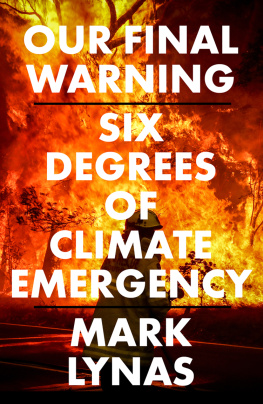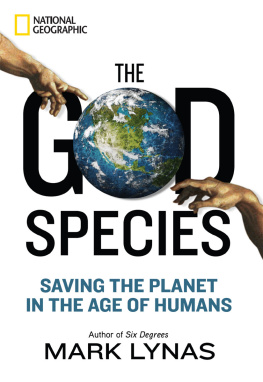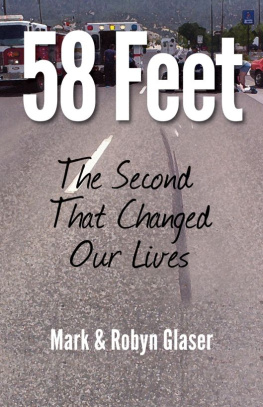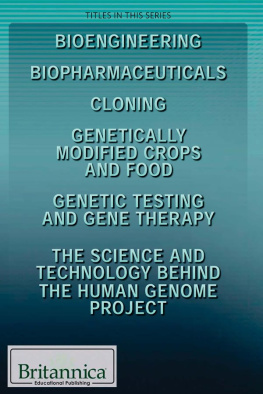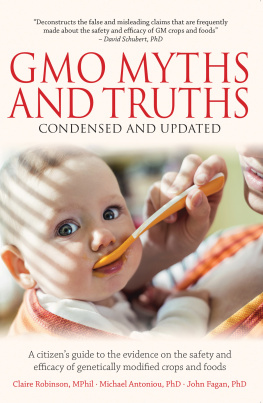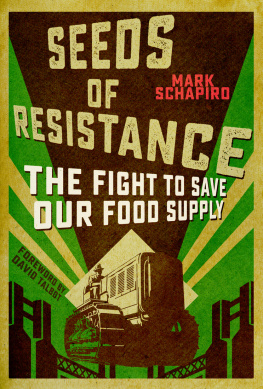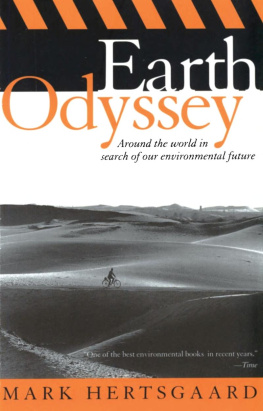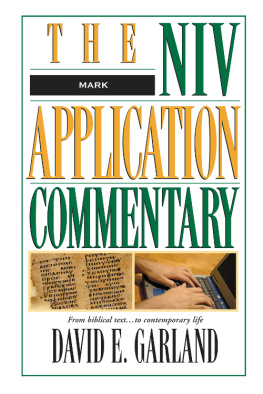
Also available in the Bloomsbury Sigma series:
Sex on Earth by Jules Howard
p53: The Gene that Cracked the Cancer Code by Sue Armstrong
Atoms Under the Floorboards by Chris Woodford
Spirals in Time by Helen Scales
Chilled by Tom Jackson
A is for Arsenic by Kathryn Harkup
Breaking the Chains of Gravity by Amy Shira Teitel
Suspicious Minds by Rob Brotherton
Herding Hemingways Cats by Kat Arney
Electronic Dreams by Tom Lean
Sorting the Beef from the Bull by Richard Evershed and Nicola Temple
Death on Earth by Jules Howard
The Tyrannosaur Chronicles by David Hone
Soccermatics by David Sumpter
Big Data by Timandra Harkness
Goldilocks and the Water Bears by Louisa Preston
Science and the City by Laurie Winkless
Bring Back the King by Helen Pilcher
Furry Logic by Matin Durrani and Liz Kalaugher
Built on Bones by Brenna Hassett
My European Family by Karin Bojs
4th Rock from the Sun by Nicky Jenner
Patient H69 by Vanessa Potter
Catching Breath by Kathryn Lougheed
PIG/PORK by Pa Spry-Marqus
The Planet Factory by Elizabeth Tasker
Wonders Beyond Numbers by Johnny Ball
Immune by Catherine Carver
I, Mammal by Liam Drew
Reinventing the Wheel by Bronwen and Francis Percival
Making the Monster by Kathryn Harkup
Best Before by Nicola Temple
Catching Stardust by Natalie Starkey
In memory of David MacKay

Contents
A note on definitions. Im using the terms GMO, GM and GE somewhat interchangeably in this book. The first of these is especially problematic. I've used it in the title because it has the highest international recognisability factor, but many scientists I know refuse to use it on principle. What is a Genetically Modified Organism anyway? Your pet dog is genetically modified from the original wolf otherwise you wouldn't let it anywhere near your kids. All our crops and domesticated animals have been genetically modified from their ancestors to be useful to humans. So are they also GMOs? Thats what bugs the scientists: it makes no logical sense to single out anything that has been altered in the lab for special concern and even vilification. Changing genes via laboratory molecular techniques, the main subject of this book, is not much different from conventional selective breeding.
I use the term GMO to indicate the popular debate, and I do not claim it is scientifically valid or even very definable. In fact, the terms GM (Genetically Modified) and GE (Genetically Engineered) are preferable. Ive found GM is mostly used in the UK, because in the US it means a large car company. Ive used both in the text to avoid repetition.
Its three in the morning, and properly dark. But theres still just enough light, cast by nearby street lamps a couple of fields away, to make out the neat rows of maize plants. They are healthy and strong, about shoulder height. Although there is far too little light to see colours, I fancy I can make out the lush dark green of the broad leaves and robust stems. As I ready my machete Im struck by how, even when it seems pitch dark outside, there is always just enough light once your eyes get attuned to it to see by. This theory has only ever failed once: a couple of years earlier, in South Wales, as I traversed a woodland with some other activists protesting against an opencast coal mine. That time it was so dark that I walked straight into a tree. Tonight were closer to civilisation, somewhere in eastern England; in the deep country certainly, but in that part of England youre always close enough to some human habitation. Thats why we keep our torches turned off. You never know whos watching.
I feel a momentary twinge of conscience as I swing back and my machete hacks into the first row of maize. Im a hobby gardener and have spent time on farms; I dont like to destroy healthy plants. These are admittedly better looking than anything I have ever grown, but then theyre genetically modified and therefore to my mind not quite natural. I see this innocent-looking maize as an artificial intrusion, a form of living pollution that doesnt belong in the English countryside. Thats why they must be utterly eradicated, I remind myself, as I build up to a rhythm. Slash, whack, chop. Slash, whack, chop. Its surprisingly easy when you get going. The maize plants topple straight over, like trees clear-felled in a forest.
Im not alone, of course. There are about a dozen of us, spread out evenly across the field, each working a row. You cant be too careful in the near-dark with sharp tools. This would not be a good time to cause an injury. Some of the other activists are close friends; others I hardly know. We have travelled together cooped up in a hired van, a couple of hours on the road, wearing our hoodies and surrounded by metal tools. The dress code is black, or as dark as you can make it. Like all criminals, we dont carry ID, just some spare cash in case of emergency.
Its a funny feeling being on the wrong side of the law. Many people, for good reason or bad, will know what I mean. Suddenly everything is reversed. The friendly policeman is an enemy; you no longer feel a member of everyday society in quite the same way. It is almost as if a veil is drawn between you and ordinary people. You are an outlaw, you carry a secret. You might look normal, but youre not. There are things you cannot say, things that you should not reveal to strangers. On that night in the maize field, as at most times, we are even careful with each other: many people use nicknames or assumed names. Information is typically shared on a need to know basis only. Asking too many questions would lead to suspicion. That fellow activist in the standard uniform of combat clothes and dreadlocks just might turn out to be an undercover cop.
On a different occasion, we were once stopped by police, all piled together in the back of a car with our spades and blades, somewhere in the back roads of Norfolk. The cops made us all get out and stand by the side of the country lane while they wrote down our names and addresses in a notebook. Like a fool I blurted out real details. I spent the next few days in a fog of paranoia, waiting for a knock at the door. It never came, and I still wonder what those police officers must have thought, pulling over this strange car full of mostly youthful gardeners in the middle of the night. Did they guess what we were up to? Did they really believe our hastily invented cover story about being on our way back from a garden party?
After three-quarters of an hour in the maize field we are making good progress. A good portion of the crop, earlier so vigorous and lush, is now lying wilted and flat. Leaves and stalks, separated from the strong roots that sustained them, are getting trampled into the English mud. But there is still much more to do, and after a short break and some whispered conversations, we redouble our efforts. Slash, whack, chop. Slash, whack, chop. There are car headlights, passing by on the other side of the hedge that runs alongside the genetically modified maize field. Are they moving too slowly, as a patrol car would? We all freeze, but they pass on, humming into the distance. A few minutes later, there are different lights flashing over in the far corner. Have we been busted? We pause again. Then the lights stop a trick of the night, perhaps. I continue cutting, keeping my eyes on the job, focusing only on the row of maize plants directly in front of me. Slash, whack, chop. Slash, whack, chop.



